How to build expert power (and become a better leader)
Summary
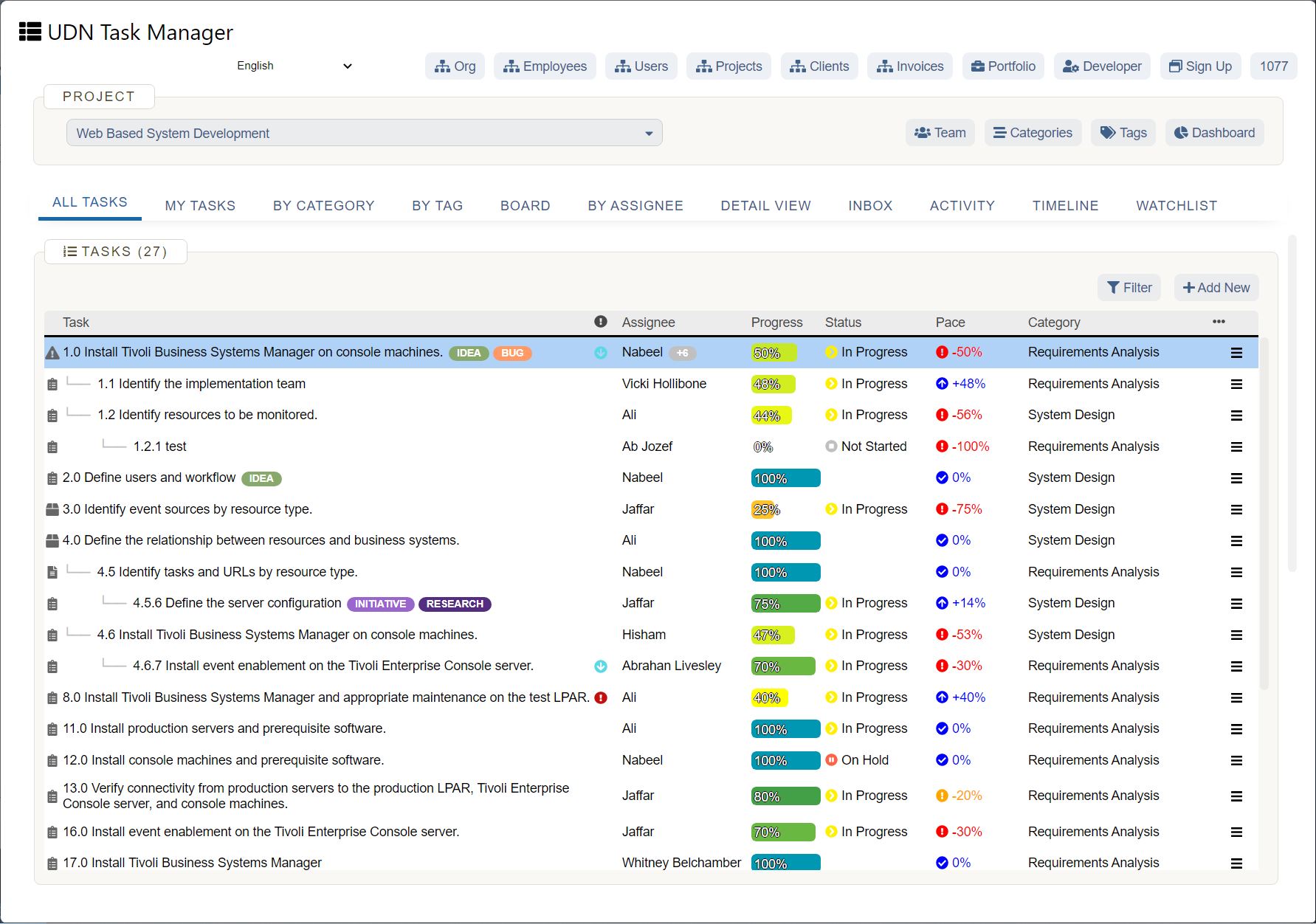
Expert power involves having expertise in a specific area and confidently sharing what you know. Unlike positional power that comes from your job title, expert power is personal. That means that while positional power may not always be permanent, expert power is something you can grow and develop over time. Learn how.
When leading your team through a project, do you feel confident in your subject knowledge? If so, then you’re likely the proud owner of expert power. Expert power is the level of knowledge you have and how well you present this knowledge to your team members.
In this guide, we’ll explain what expert power is and how you can build it to become a better leader. By learning to lead by example , you’ll gain respect and trust among your team members and excel in your organization.
What is expert power?
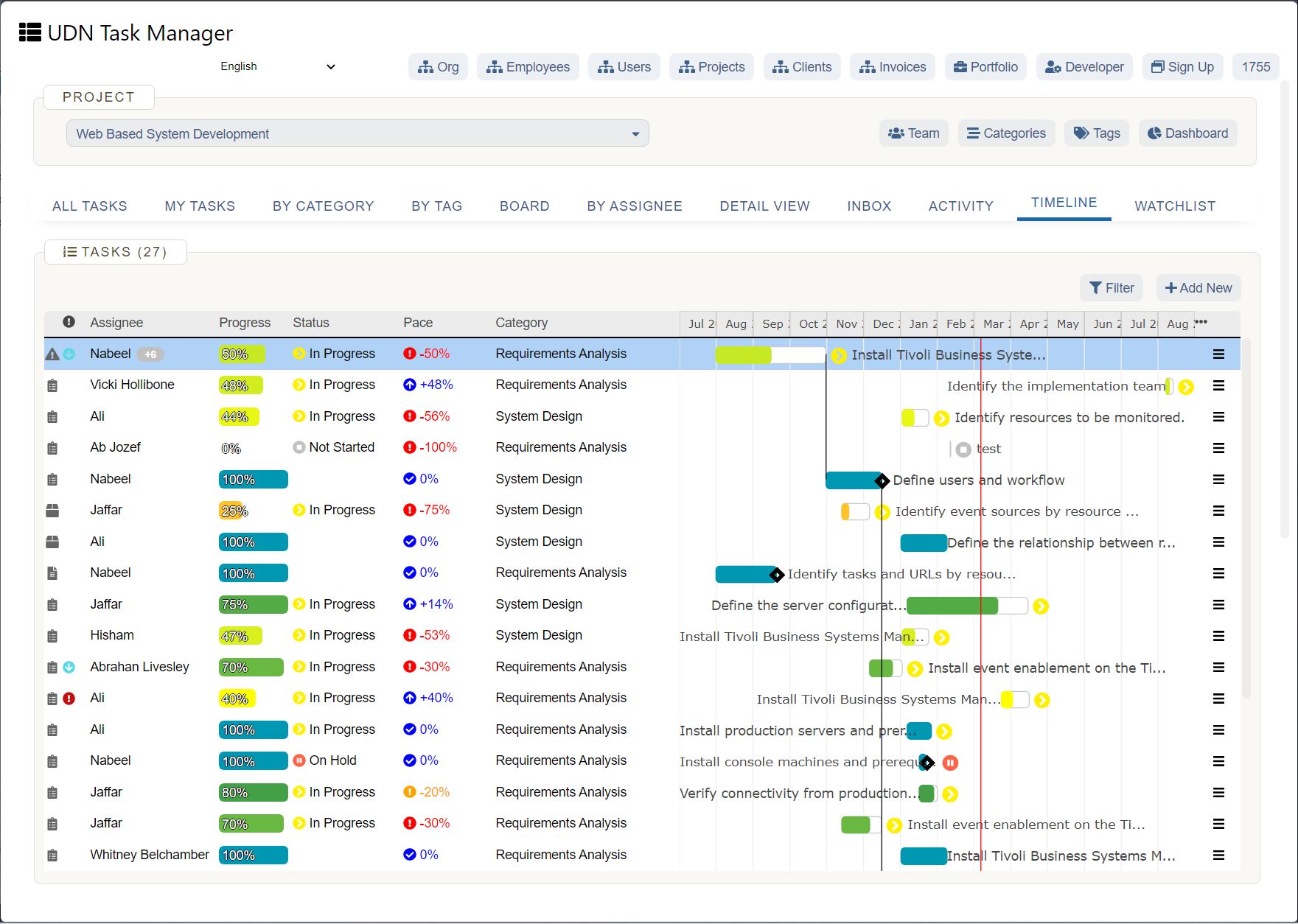
Expert power involves having expertise in a specific area and confidently sharing your knowledge with others. When you exude confidence and use your specialized skills to help your team members, they’ll trust you as a leader and come to you for decision making advice and guidance.
Why expert power matters
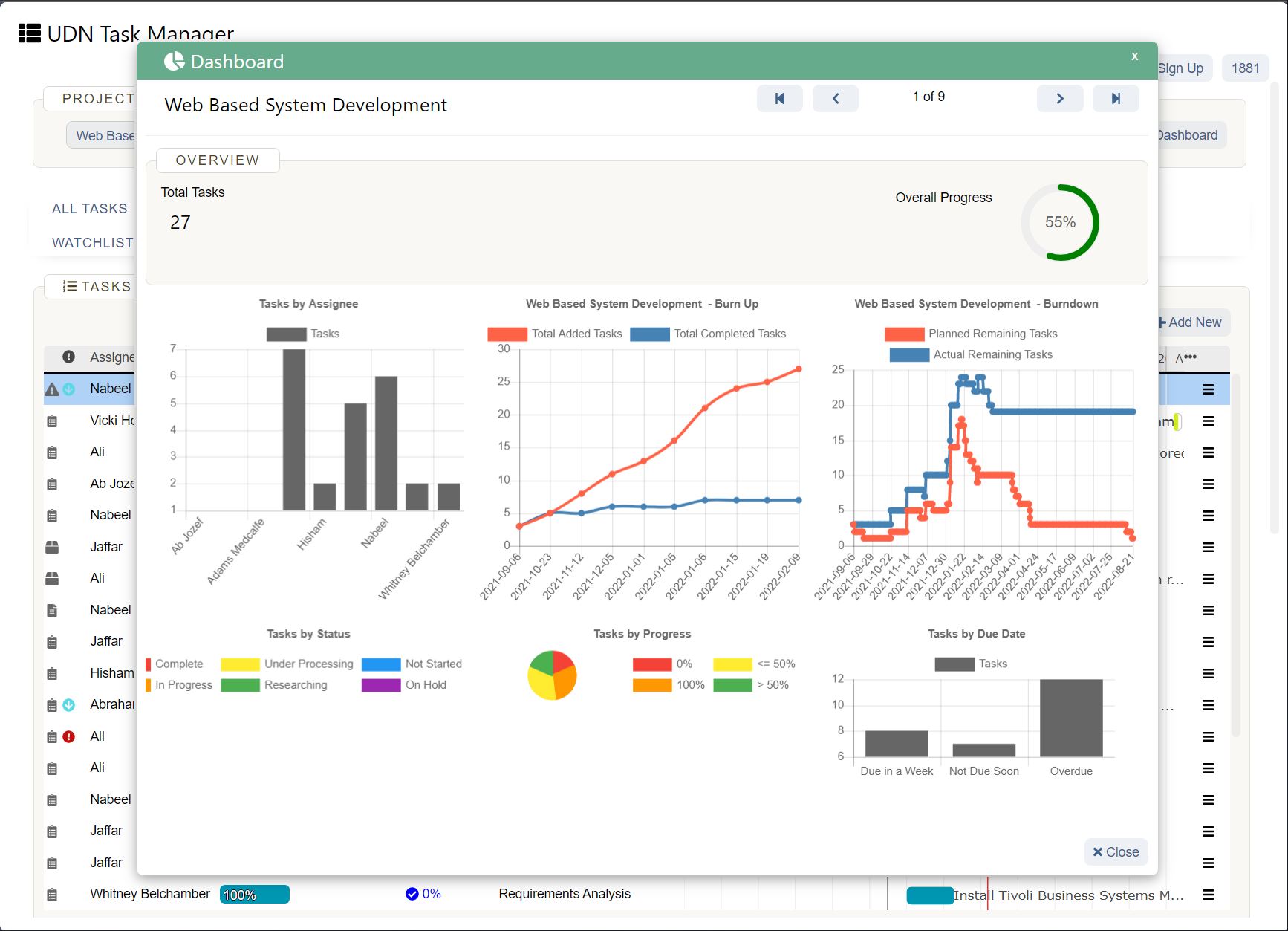
Having specialized knowledge in one topic can make it easier to support your team members because when they need information, you’ll be able to provide it. Expert power can also give you the confidence to help others in your organization.
Expert power is particularly valuable because any team member can develop expert power—even those that aren’t in leadership roles. For example, you may need assistance from a tech-savvy team member if your computer crashes and you don’t know how to fix it. In this scenario, the team member exhibits expert power because they have the specialized knowledge to help you.
You can earn positional power, but it isn’t always permanent. Expert power is something that grows as you develop your career.
How to build expert power
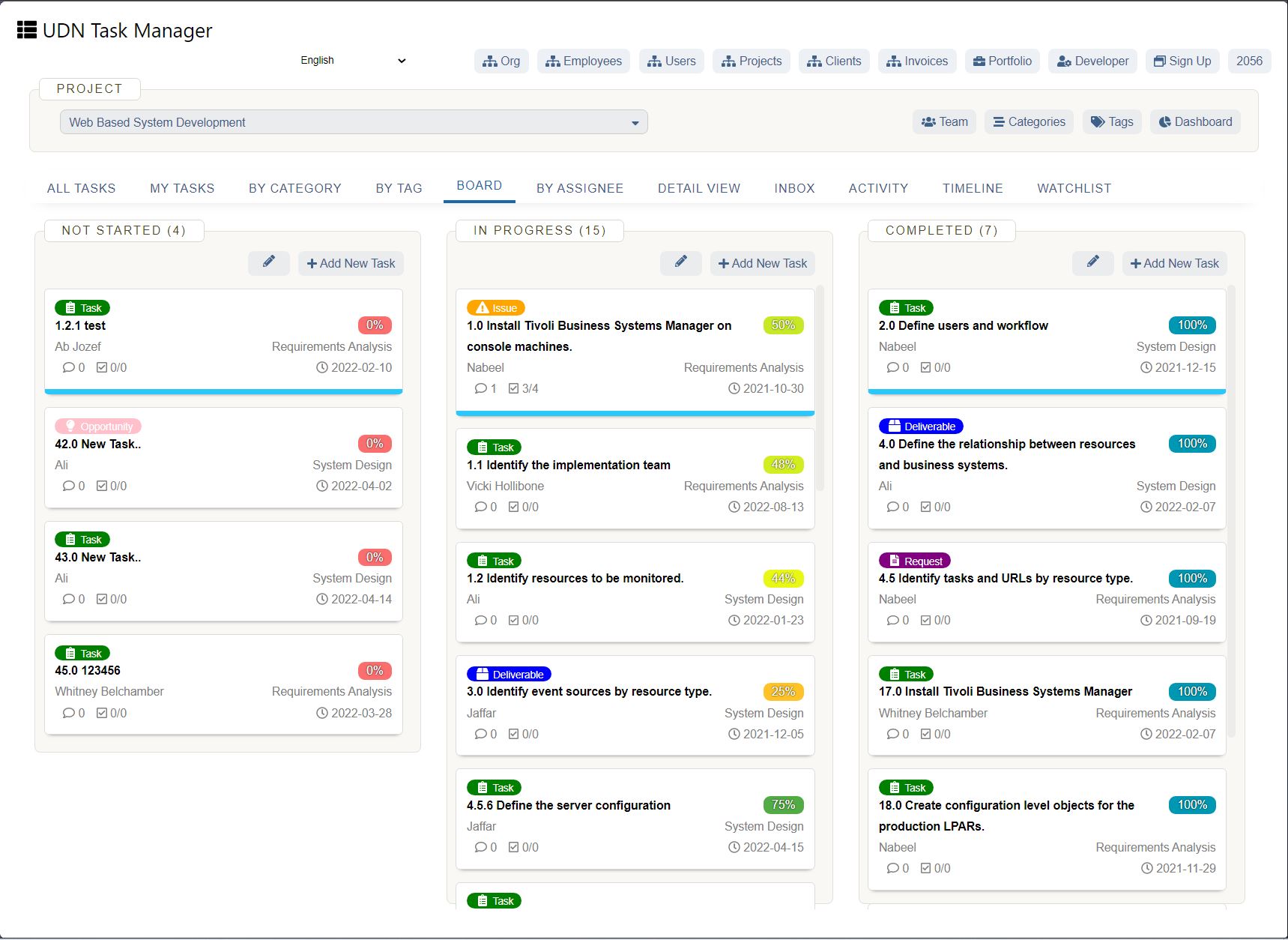
Building expert power involves assessing your strengths and growing your knowledge from there. Most people have areas in which they excel, but the way to build expert power is to focus on your strengths—or “zones of genius”—to turn them into your expert skill sets.
1. Determine your areas of expertise
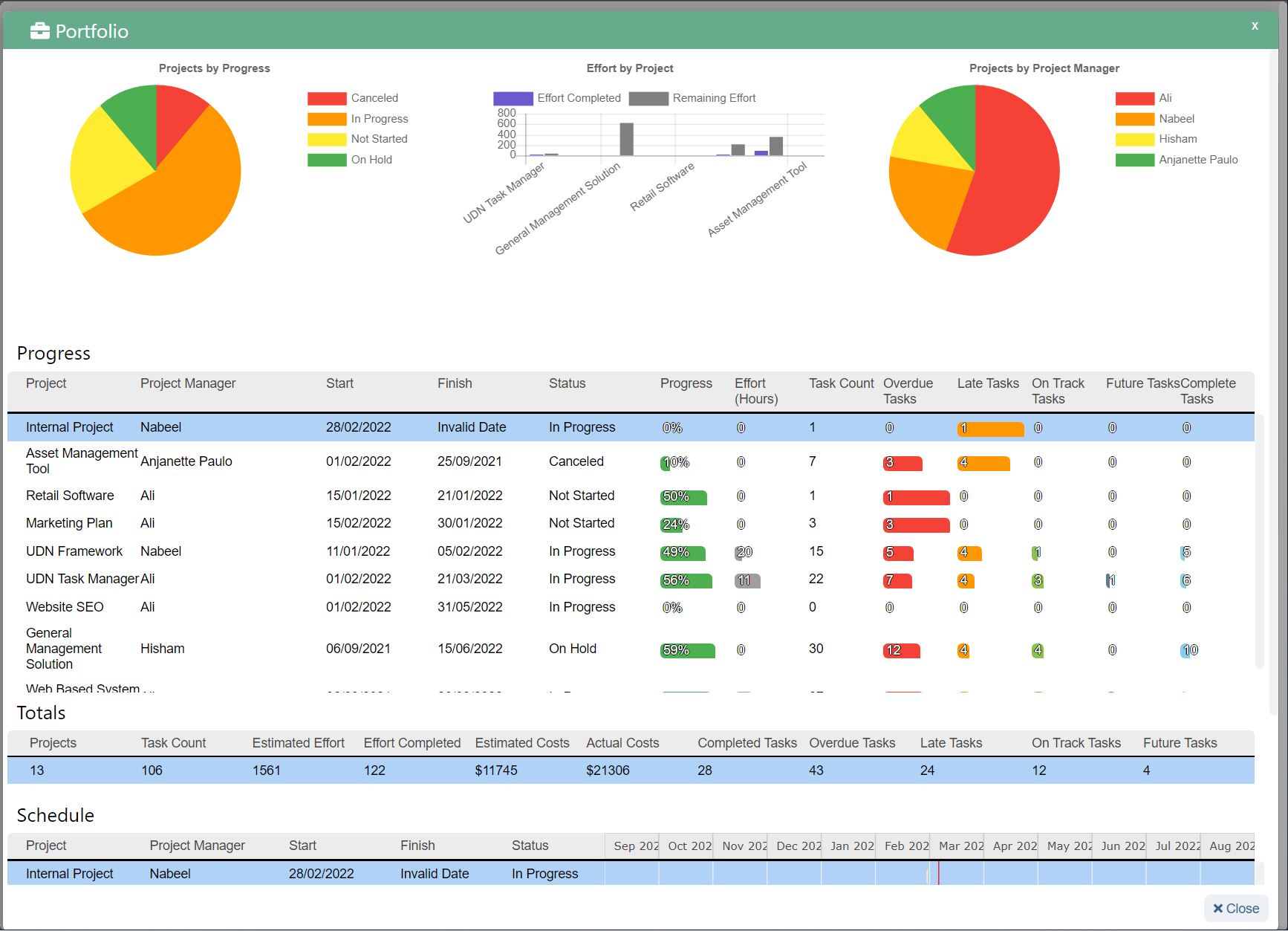
Before you can build expert power, you must determine your areas of expertise. It’s unrealistic to build expert power in every area, so it’s best to find a niche area to focus on. For example, if you work in a marketing department and you’re especially interested in paid advertising for social media, you may decide to delve deeper into that side of the business.
Tip : To determine your area of expertise, consider conducting informational interviews with team members working in departments you’re interested in. You can also talk to teammates in your department to assess where you excel.
2. Ask for help from other experts
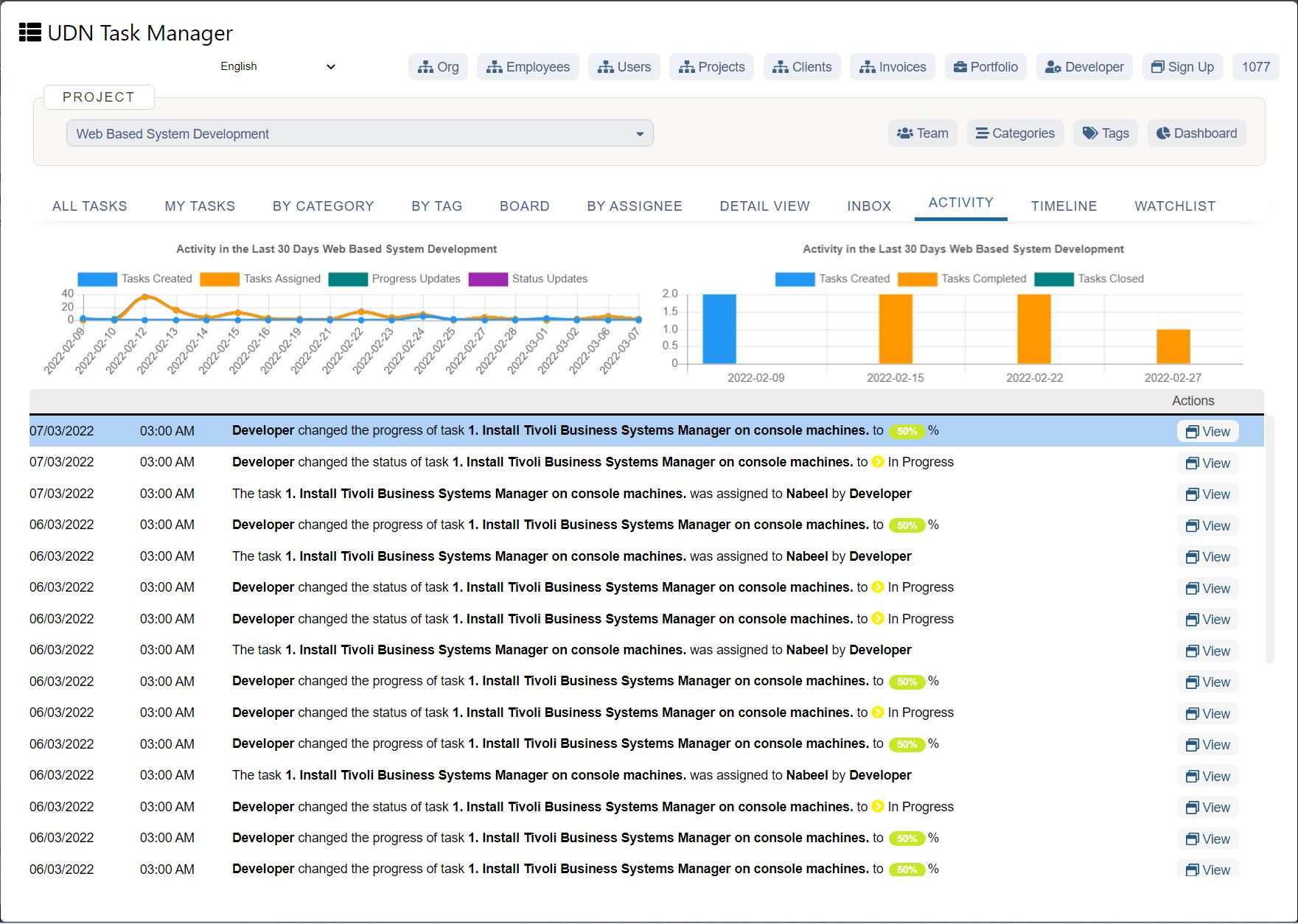
Now that you know what area of expertise you want to build expert power in, you’ll need help from other experts. In our marketing example, other experts can give you on-the-job training and set you up with some paid advertising campaigns at work. You may also consider formal education in paid advertising, like a certificate program or an online degree, if you want to learn more.
Tip: Look for tips from experts through resources like webinars, videos, courses, or podcasts. You can also find a mentor in your field to guide you.
3. Share your expertise
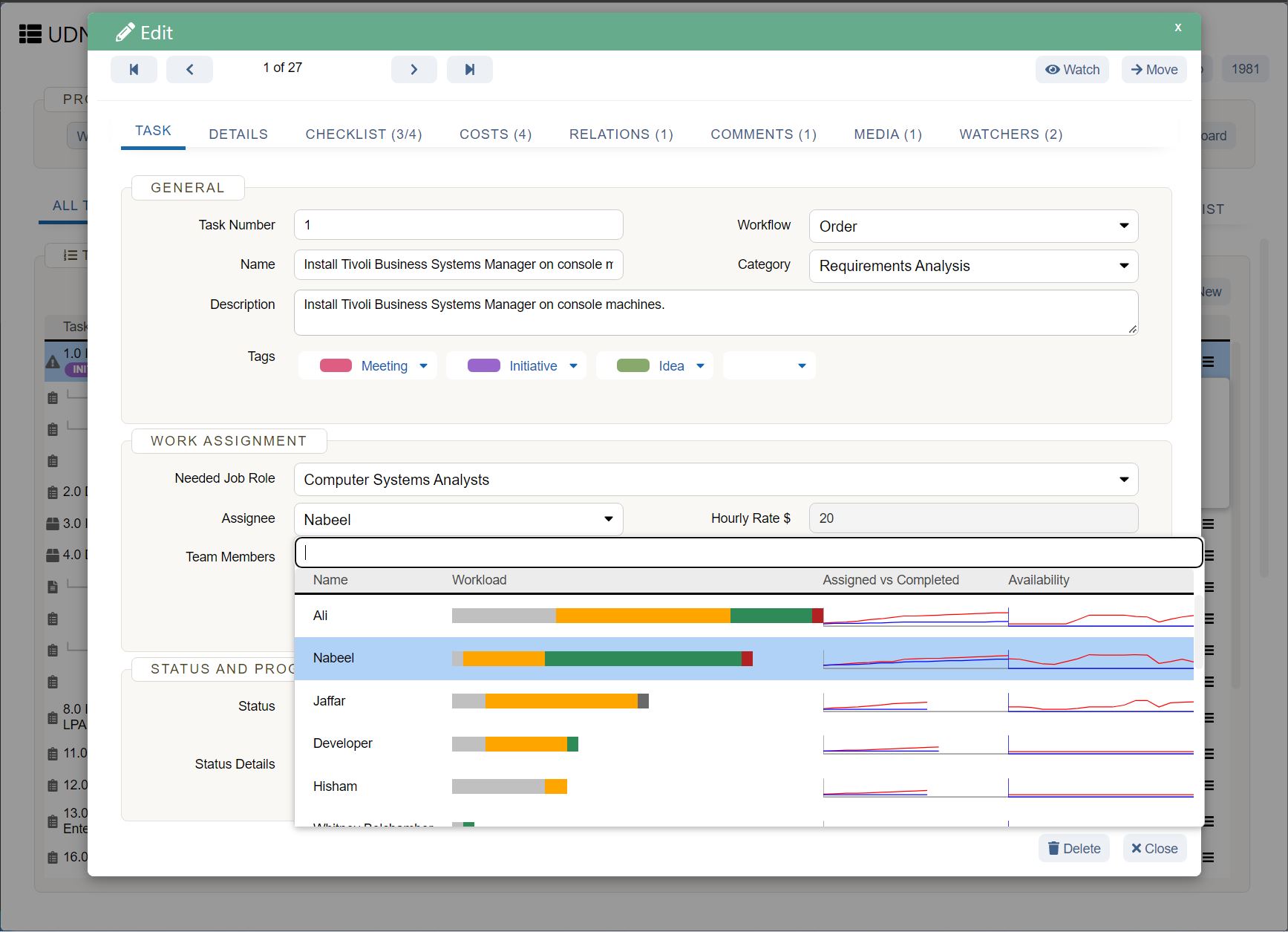
Once you feel confident in your expert power, you’ll need to promote your expertise to others, but do so tactfully and strategically.
If you complete formal education in your subject area, you can share your diploma or certification on your office wall or LinkedIn. You can also offer to mentor new employees in paid advertising or lend a helping hand to the digital marketing team. Over time, your teammates will naturally notice your expert power.
Tip: Find opportunities to share your knowledge when it can help others. These moments are a great opportunity to show your expertise organically.
4. Be confident in your expert power

Expert power requires more than knowing a lot about your subject area. You must be confident in your knowledge so you can share that knowledge with others.
Once you gain expert power in paid advertising, for example, your team members will trust you with their questions in that area. It’s okay not to know all the answers, but it’s important to exude confidence to your team.
Tip: You don’t need to speak openly about your expertise to show confidence. Your teammates will feel your confidence when you show your skills and offer to share your knowledge with them.
5. Know where your industry is headed
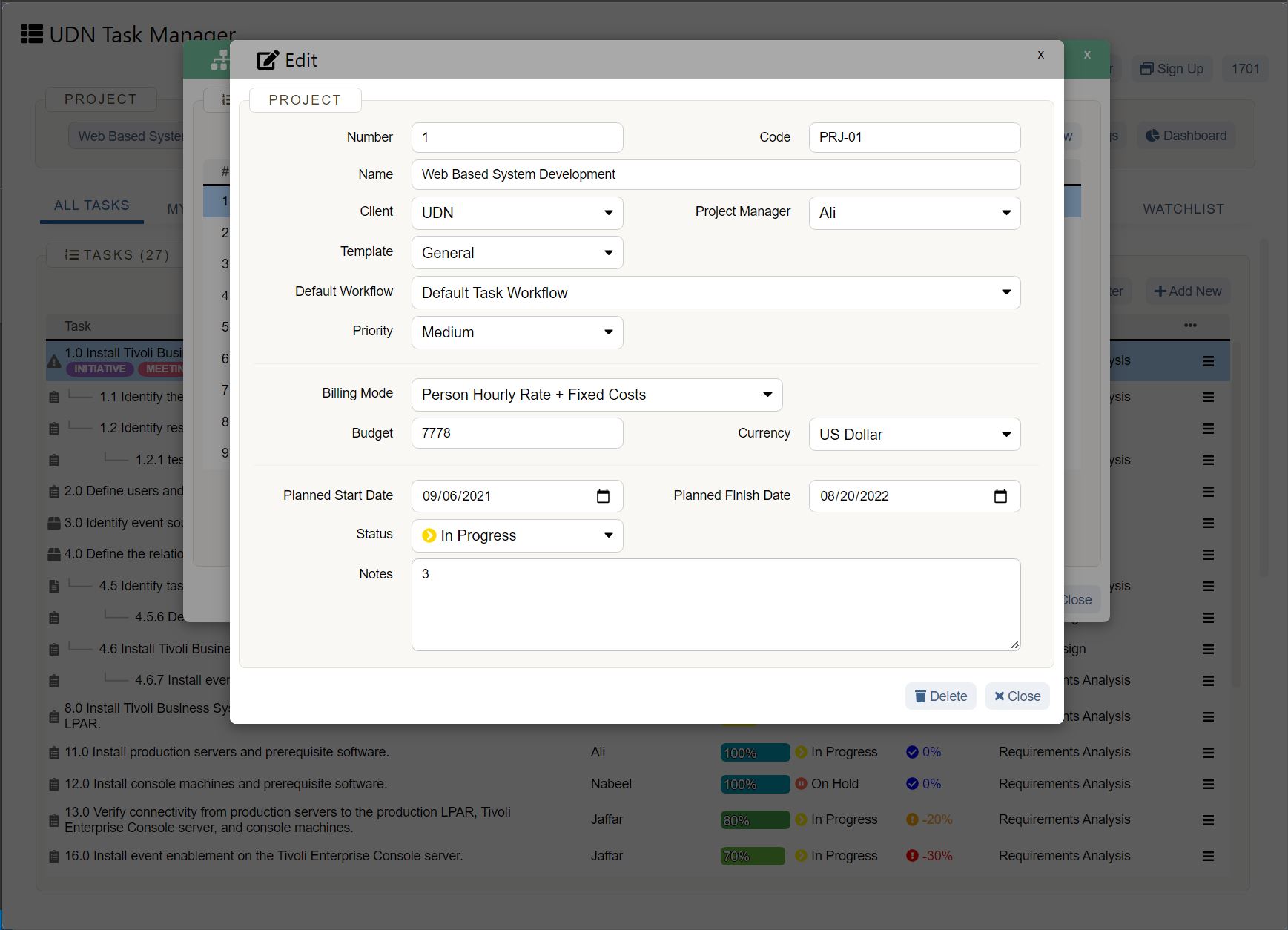
If you want to keep your expert power, you’ll need to stay up-to-date on your subject matter as new developments occur. This is important because if you fall behind on industry updates, your knowledge may quickly become obsolete.
For example, Facebook or Google may release a new update for paid ad management. If you aren’t aware of this change, you risk losing your expert power.
Tip: Look for industry updates on Twitter or industry blogs. Thought leaders in your space may also share industry updates on their personal social media platforms. You can also subscribe to industry newsletters or podcasts.
How to share your expert power
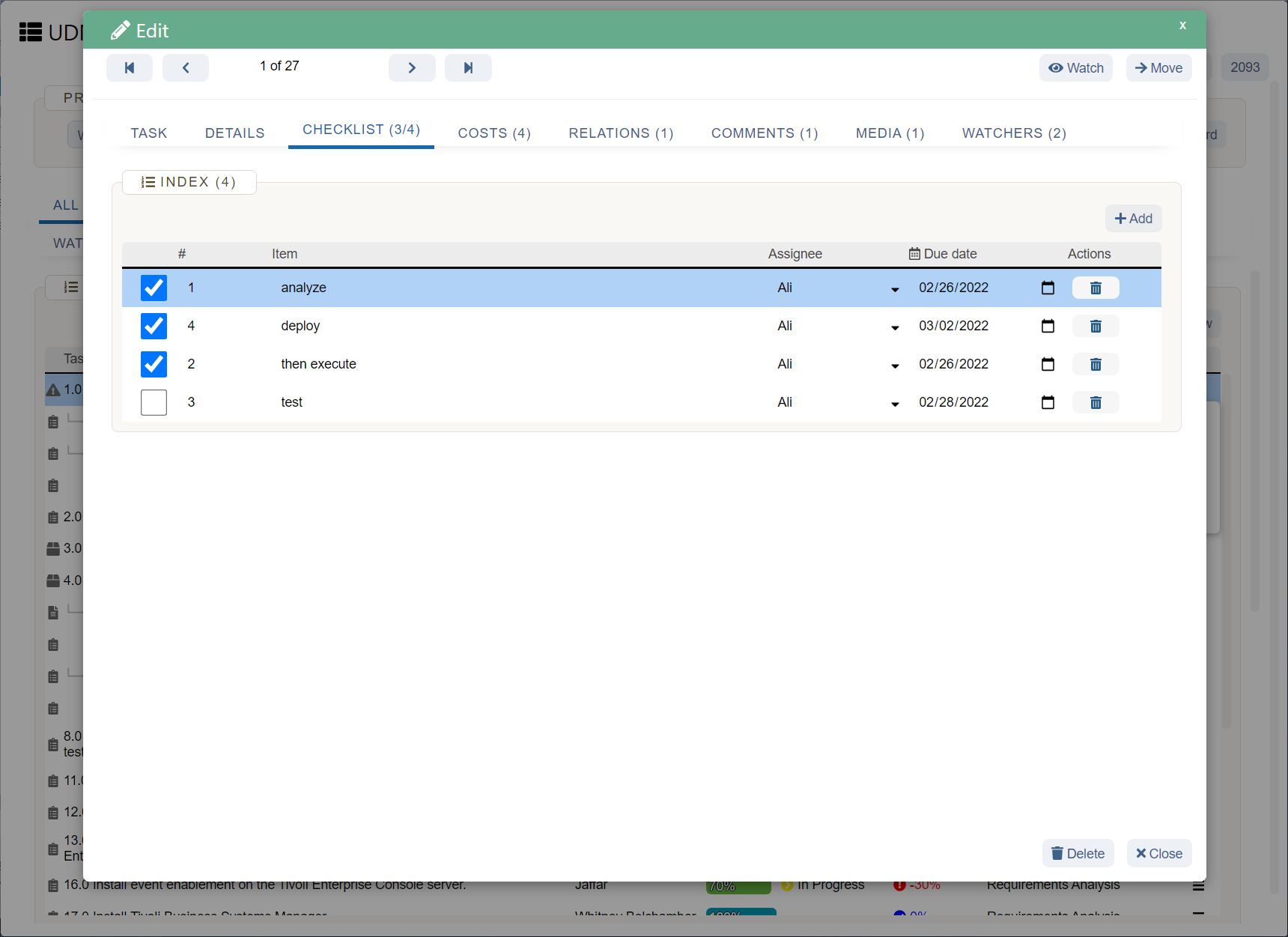
As a leader who possesses expert power, your role should be both teacher and facilitator. You should coach and mentor your team members to help them grow their skills and impact.
Lift your team members up: Sharing your expert power can lift your team members up and increase team morale . For example, if one of your team members is struggling with a paid advertising campaign they’re running for a client, you're able to help them beyond just doing the work for them. Use that moment as an opportunity to use your leadership qualities and share some of your expert knowledge. That way, they’ll be equipped to run the campaign on their own next time and they can grow their expert power, too.
Recognize others for their contributions: Developing good communication skills is key to building and sharing your expert power. If you see a team member excelling at a task, use your confidence as a leader to recognize them for their contribution to the team. This recognition could be the boost they need to sharpen their own expert power.
Continue developing your skills: Even once you’ve mastered a subject, you should never stop building your expert power. Develop a growth mindset and stay open and curious. If you need help developing this mindset, try setting SMART goals for yourself. These goals may be personal or work-related.
Develop your team through expert power
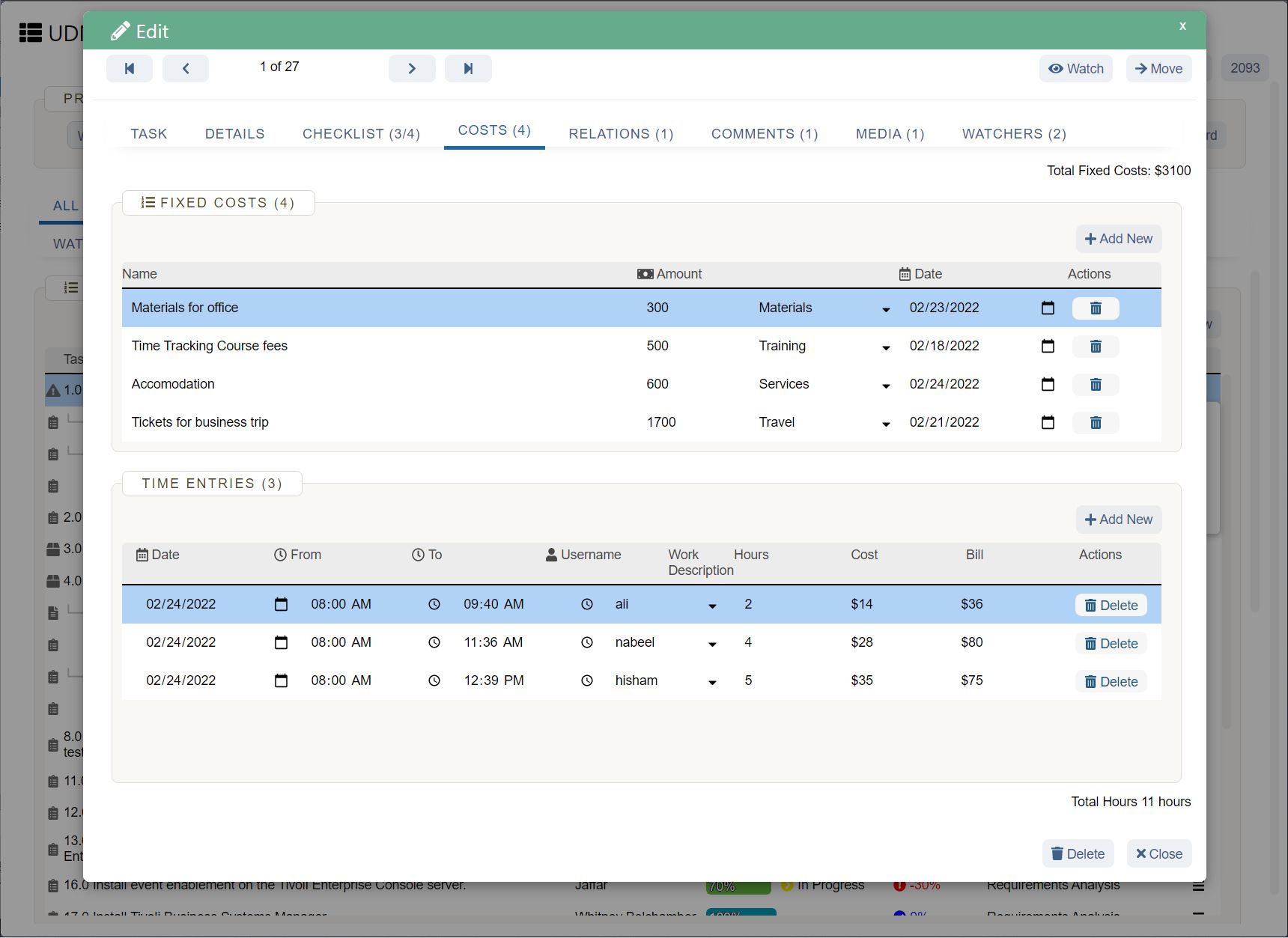
There are many forms of power out there, including formal power obtained from job position and personal power obtained from your competencies. You can use these types of power together to become an effective and inspiring leader. Building expert power requires focus and clear goals, but once you have it, you can grow and develop a team that trusts and respects you.
A key part of building expert power is keeping track of your progress as you set and achieve goals. The best way to do this is with a goal management software so you can clearly connect your daily work to your long-term goals.











